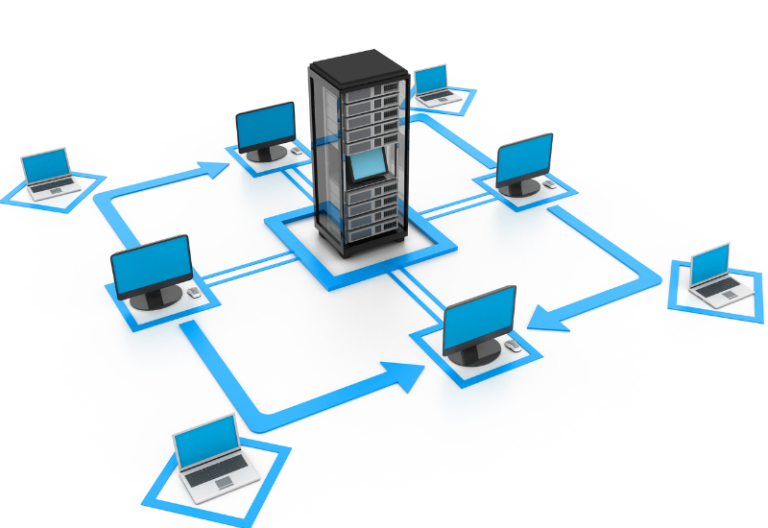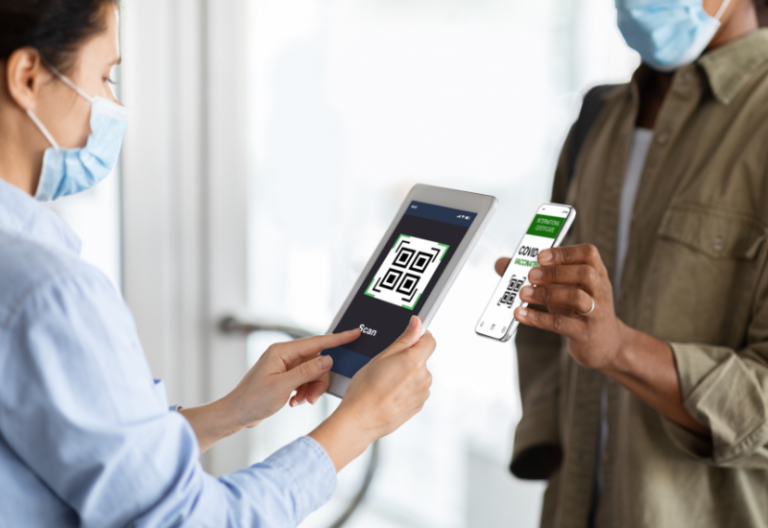Improving the healthcare workflow and interoperability is no small feat, especially if you don’t have the appropriate tools to get started. Let’s be honest: health care is constantly changing. Hospitals and clinics were formerly able to give patients a more personalized patient care experience.
However, today’s changing environment has increased medical mistakes due to the lack of communication between all parties involved in a patient’s care. To address this problem, many healthcare providers are exploring workflow management programs to guarantee that every step in the process is accounted for and recorded.
This blog post will discuss everything you need to know about healthcare workflow management by choosing the right software solutions. We will also look at the basic concepts of how it works, so you can make an informed decision when evaluating your options.
What is workflow analysis in healthcare?
Workflow analysis refers to the study and optimization of the processes and tasks that are involved in the delivery of healthcare services. It is used to identify bottlenecks, inefficiencies, and other issues that may impact the quality and efficiency of care, and to develop strategies for improving the overall performance of the healthcare system.
Table of Contents
- What Is a Workflow in Healthcare?
- What Software Is Used in Healthcare?
- What Does Workflow Software Do?
- What Is Healthcare Management Software?
- What Is Healthcare Workflow Analysis?
- Final Thoughts
What Is a Workflow in Healthcare?
A workflow is a process that enables the staff or healthcare professional to perform according to well-defined stages. It may appear to be the most uninteresting topic imaginable, but it’s crucial for healthcare organizations.
For example, an organization will have several internal processes that the staff need to follow before releasing their medical records to another organization or hospital, such as sending them through quality assurance checks and signing off on them.
Without completing these steps, there would be no way for doctors, nurses, or other health staff involved in in-patient treatment to access relevant information about patients’ diagnoses and treatments.
When handling patients’ health information (PHI), health professionals should be aware of the accuracy, compliance, and accountability required in their industry. An effective workflow will increase productivity and protect the organization against liabilities if HIPAA regulations are not followed.
What Software Is Used in Healthcare?
Healthcare workflow management is crucial for healthcare providers who are confronting the challenges of streamlining workflow and better serving patients. That said, health care professionals, hospitals, clinics, and other stakeholders use different software systems to ensure they have established workflows.
Many healthcare organizations choose to deploy solutions that integrate information management systems across departments or specialties within an organization and between enterprises. These solutions frequently include electronic health records (EHRs), scheduling software, patient engagement tools, and other technologies built on the same platform.
The ability to share data seamlessly allows for easy collaboration between teams to work together more efficiently on appointment management or telemedicine consultations. They have all the relevant patient data at their fingertips, such as images and PDFs.
Many healthcare organizations find that using document management software helps to improve communication and collaboration among team members by providing a central repository for task-related information. Additionally, it can also help speed up the processing of tasks by automating some of the functions associated with handling patients’ documents.
What Does Healthcare Workflow Software Do?
Healthcare workflow software is built for managing, coordinating, and maintaining medical workflows in hospitals. Whether you are looking for features like Patient Management Software or EHR (Electronic Health Records), Hospital BPO Software, Medical Billing & Coding Software for revenue cycle management, Practice Management Software, Appointment Scheduling Software, Laboratory Information Systems or Radiology Information Systems, healthcare organizations can choose any of these according to their needs.
These tools help get an overview of the entire process involved in patient care, making it simpler to find out what needs attention on a priority basis. Some of the features available with this product are billing automation, e-consultancy by doctors over phone/video conferencing, order tracking and alerts, care coordination and communication tools for the care team, and more.
One of the most important benefits of healthcare workflow software is that it can help reduce medical errors. These tools help manage patient data more effectively, and as a result, physicians have easier access to information relevant to their patients. Physicians also benefit from automated workflows, which help them manage their time better.
In addition, this software helps hospitals improve their organizational efficiency by automating tasks like billing and scheduling appointments, including fax automation and workflow management. This tool can free up hospital staff to focus on more critical tasks such as providing quality patient care.
What Is Healthcare Management Software?
Healthcare management software is an enterprise resource planning (ERP) software designed to help healthcare organizations manage their operations. Healthcare systems have specific needs not typically found in other industries, such as monitoring compliance with regulatory agencies and tracking changes in government regulations.
The complexity of this industry requires a specialized ERP solution that can organize the data in a way that makes it easy for users to find what they need quickly and efficiently.
Healthcare management software is also useful when multiple facilities or locations can be difficult to track using traditional methods like spreadsheets or paper documents. For example, nurses at different hospitals might use the same protocol for patient care but have other instructions on documenting those treatments according to hospital policies.
What Is Healthcare Workflow Analysis?
Healthcare workflow is a complicated process, which technology can improve using the right solutions. It is essential to know what the organization is currently doing. Healthcare workflow analysis is an in-depth examination of how people work together to provide better care. It looks at everything from patient intake and scheduling to billing and insurance processing.
It is the process of identifying and improving how work is done internally and externally. It includes understanding the tasks that need to be done, how they are currently done, and how they can be improved.
When it comes to workflow analysis in healthcare, you must consider the people involved, their work habits, and how they interact with one another while providing care. It would be best to examine the duplication of efforts and information-sharing issues and determine the best process for completing tasks as quickly as possible.
The goal of workflow analysis in healthcare is not only better productivity but also a higher quality of patient care. When the process becomes more efficient, it frees up resources that can be used on patient care itself rather than spending time on manual processes. A good workflow will also reduce human error by having fewer points where mistakes can occur (like misfiling paperwork) because everything is already laid out in an orderly fashion.
Final Thoughts on Healthcare Workflow
Workflow software is the lifeblood of the modern healthcare system. It’s what makes it possible for hospitals, clinics, and other medical institutions to keep up with their ever-growing patient populations while keeping costs down. And that means you need a workflow management solution in place if you want to be at the forefront of your industry.
When it comes to sharing PHI, you may want to explore HIPAA-compliant faxing services like iFax to ensure that all your faxes are secured and encrypted whenever you share files internally and externally. Explore it for 7 days for FREE and see how iFax can improve your healthcare workflow management.









